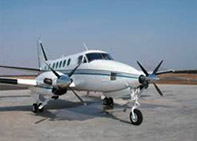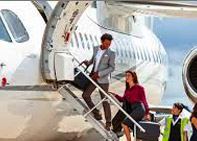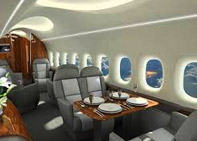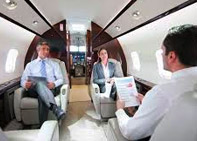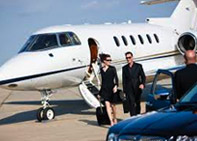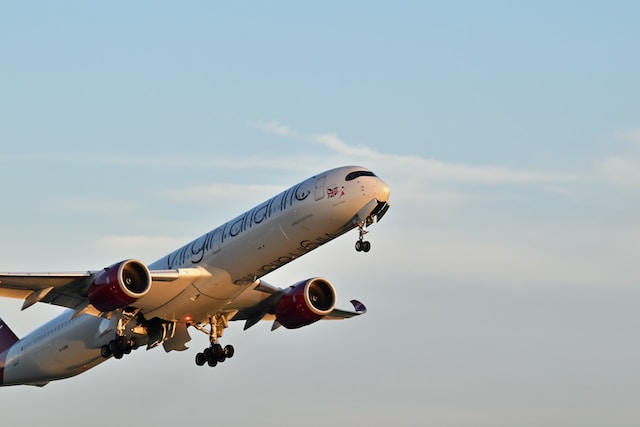The transition to Sustainable Aviation Fuel (SAF) from fossil fuels still has a long journey to make. However, the great news is that recently, Virgin Atlantic flew from London’s Heathrow Airport to New York’s John F. Kennedy International Airport powered by 100% SAF.
Flight100 officially landed at John F. Kennedy International Airport, marking the world’s first in commercial transatlantic travel. Two Rolls-Royce Trent 1000 engines on a Boeing 787 operated by Virgin Atlantic were powered by 70 tons of SAF. The biofuel is stated to be made primarily from waste oils and animal fat, which is a landmark accomplishment supporting the industry in its quest to cut down carbon emissions.
SAF is stated to be more expensive than jet fuel and has a deficit in supply. An estimate highlights that the airlines spent around $500 million in fuel costs after switching to SAF, which is estimated to be around 0.2% of all fuel in the supply chain in 2023.
What is SAF? It is a renewable biofuel that can deliver the same performance as petroleum-based jet fuel. The fuel is stated to have only a fraction of the greenhouse gas emissions. Moreover, SAF is typically made from waste material and biomass. In this context, the fuel used by Virgin Atlantic was made from non-food crops, used cooking oil, biomass waste, and industrial waste gases from various processes such as steel making.
However, this isn’t the first commercial flight using SAF; there was one that took off in 2011, a Continental Airlines flight from Houston to Chicago that ran on algae-based biofuel. Yet another example is Indonesia recently flying its first commercial flight using palm-oil blended jet fuel. The palm oil blended jet fuel uses hydro-processed esters and fatty acid (HEFA) technology and is stated to be made of refined, bleached, deodorised palm kernel oil.
Palm-based fuel, compared to fossil fuels, emits less atmosphere-warming greenhouse gases. Palm oil-producing countries have also called for edible oil to be included in feedstock for SAF production. In this context, several environmental groups and activists have criticised the switch to adopt SAF. According to Greenpeace, SAF typically uses feed crops like palm oil. The usage requires destructive monoculture farming that causes deforestation and biodiversity loss in Malaysia and Indonesia.
Meanwhile, the aviation industry has slowly been incorporating various biofuels into its supply. However, the industry is still looking for ways to reduce its carbon footprint by using alternative fuels. In conclusion, experts highlight the industry will need 450 billion litres of SAF a year by 2050 for the fuel to account for around 65% of the mitigation needed to achieve net-zero targets.
